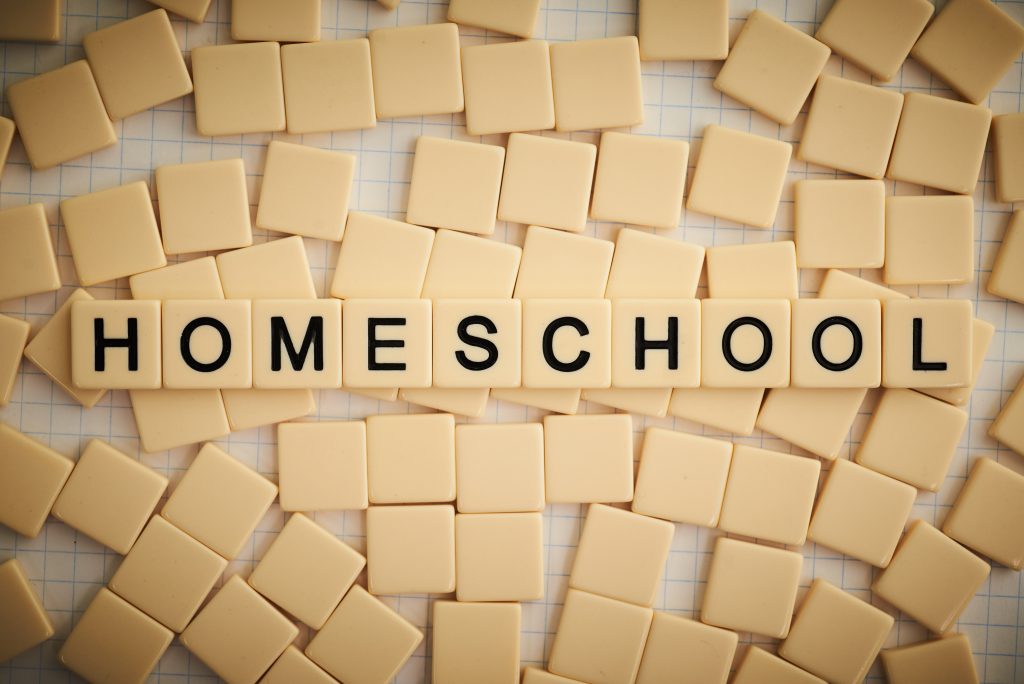

Mike Bebernes - Yahoo News 360
Tue, October 17, 2023, at 12:59 PM MST·5 min read
“The 360” shows you diverse perspectives on the day’s top stories and debates.
“COVID put things under a microscope. Parents saw how far behind their children actually were and said I can do this better.”Amber Okolo-Ebube, Texas homeschooling mother
A challenge that clouds the entire debate around homeschooling is the fact that there is no reliable, comprehensive data on how many kids are being homeschooled in the U.S., let alone what they’re learning or how they’re developing academically. Unless that changes, it will be hard to judge whether any approach to homeschooling is the most effective.
Homeschoolers need a voice in developing laws that affect them
“Early and frequent conversations with homeschoolers as legislation is being drafted and amended will help. When well designed and executed, the spread of school choice programs can be quite beneficial to traditional homeschoolers and can help new families begin their home education journey.” — Colleen Hroncich, Cato Institute
Strong oversight is needed to protect children and their educations
“Doesn’t it make sense to think that surely some homeschools do a wonderful job and others are subpar, just as some public and private schools are great and others are not? Why do home-schooled students not deserve the same oversight and protections that kids in more traditional settings have?” — Melinda Henneberger, Kansas City Star
The rise in homeschooling cannot come at the expense of public schools
“Public schools are public goods. The state they’re in tells us something about the state of community life, too. When they’re underfunded and under attack from hostile activists and lawmakers, we all suffer. Society shrinks, we become atomized, and children inevitably pay a price.” — Sarah Jones, New York
Leaving teaching solely in the hands of parents means some kids won’t get a real education
“Even though we think of ourselves as a society that requires that children be educated, if parents want to, they can simply keep their kids at home, not educate them, or educate them in whatever way they choose, and there's no limit.” — Elizabeth Bartholet, Harvard University law professor, to “PBS NewsHour”
Homeschool families have to have the freedom to meet their child’s specific needs
“Public schools are by their very nature designed to be as generally open to every type of student as possible, but many children have unique and special needs that aren’t well met in a typical school. For these families, having the choice to self direct and specifically tailor their child’s learning experience to their needs is essential.” — Matthew Gagnon, Bangor Daily News
Homeschoolers and public schools must remember that they’re on the same side
“School system leaders and education policymakers would be wise to consider how they can better meet the needs of families that became homeschoolers. ... What kinds of policy and systemic support — such as instructional materials, specialist services and extracurricular activities — can they deliver to families that decide to stick with homeschooling for the long term?” — Alex Spurrier, The 74
The U.S. needs to train an army of educators with expertise in supporting homeschooled kids
“I hope it is not a controversial thing to say that if new school models are to grow and thrive, they will need a supply of great teachers. ... Teacher preparation programs are geared toward preparing educators for traditional school models, which is reasonable, given that traditional models make up the lion’s share of schools. But this means that the pool of talent available to alternative models might be much smaller than it needs to be.” — Mike McShane, Forbes
We’ll need much better data to fairly judge whether homeschooling really works
“The question of how home-schooled kids go on to do in higher education and professional life is an excellent one — and one that many say has never been answered satisfactorily. ... Because home-schooling is subject to little oversight in much of the country, this is a notoriously difficult population to study.” — Washington Post reporter Peter Jamison